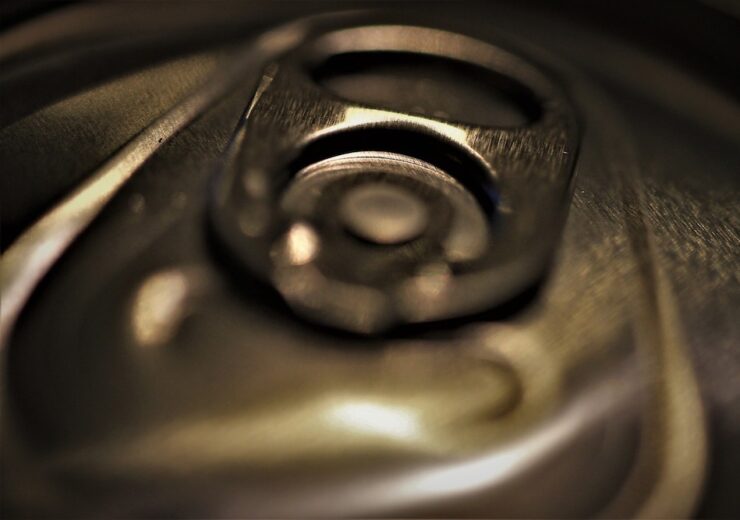As part of this work, beverage companies in the EU have announced they're looking to create circular closed-loop packaging systems by 2030

As part of their work, UNESDA members are going to help with the wider introduction of “well-designed” deposit return schemes (DRS) for PET, aluminium cans and other materials (Credit: Pixabay)
A collection of beverage companies in the EU have announced they aim to make their packaging fully circular by 2030.
The announcement, made by trade association the Union of European Soft Drinks Associations (UNESDA) Soft Drinks Europe, also commits the industry to make 100% of its packaging recyclable and making 50% of its PET bottles from recycled content by 2025.
By 2030, the sector is looking to make its PET bottles from 100% recycled or renewable PET, where technically and economically feasible.
UNESDA president and chief category officer at PepsiCo Europe Ian Ellington said: “Our goal is that beverage packaging achieves full circularity and is recognised as a resource in a circular economy: it has value, is recyclable, is collected and used as recycled content.
“We believe that packaging is a resource that should never be wasted and are taking numerous actions to achieve full circularity and support the European Commission’s agenda of accelerating the transition towards a green economy.”
Beverage companies in the EU to create circular closed-loop packaging systems by 2030
UNESDA members will deliver their vision through three equal pillars of circularity – collect, recycle, and reduce and reuse.
As part of their collective work, they will aid the creation of closed-loop beverage packaging collection and recycling systems to accelerate towards the target of at least 90% collection of all its packaging by 2030.
Additionally, they’re going to help with the wider introduction of “well-designed” deposit return schemes (DRS) for PET, aluminium cans and other materials.
In order to boost recycling rates, beverage packaging will be 100% recyclable and that all of its soft drinks PET bottles will contain a minimum average of 50% rPET by 2025.
The aim of UNESDA is that, by 2030, drinks in the EU for PET bottles will be made from 100% recycled or renewable material if technically and economically feasible.
In an effort to reduce the sector’s packaging footprint and increase the use of refillable packaging, the trade association is also aiming to use more refillable packaging by 2030 compared with 2020.
Alongside this, it will be studying the best environmental and economic pathway to increase the use of refillable models.
The sector will also continue investing in recycling technologies – including enhanced recycling – to improve their efficiency and financial performance. By combining mechanically recycled PET, enhanced recycled PET and renewable PET.
